Director: Taylor Wong
Writer: Shut Mei Yee
Cast: Andy Lau Tak Wah, Elvis Tsui, Brigitte Lin, Yu Li, Leung Si Ho, Siqin Gaowa, Zhao Jian
Running Time: 86 min.
By Paul Bramhall
In 1994 the new wave wuxia genre was fizzling out almost as quickly as it had arrived just a couple of years prior, however the sheer volume of wuxia flicks released during this period prove it wasn’t willing to go out without a fight (preferably an airborne one). The Dragon Chronicles: The Maidens of Heavenly Mountain, Deadful Melody, Ashes of Time, and Fire Dragon all graced Hong Kong cinema screens in 1994, and notably, all of them also starred Brigitte Lin. Not to break the trend, Three Swordsmen was also released in 1994, and perhaps unsurprisingly, also starred Brigitte Lin.
This would be the second time for Lin to share the screen with megastar Andy Lau, after sharing top billing for 1992’s Handsome Siblings, which was also a wuxia. I’m sure fans lament the fact that both of their collaborations also fall into the category of goofy wuxia’s (more on that later), but still, it’s great to see them onscreen together. They also make up two of the three swordsmen that the title refers to. At this point in her career Lin was well known for her popular turn as the androgynous Invincible Asia in Swordsman 2 and The East is Red, so here director Taylor Wong must have thought why don’t we just go all in, and have her play a male character? The decision also finds her unfortunately dubbed with a male voice, but on the bright side, let’s put it down as a win for diversity.
The third swordsmen is played by one of Hong Kong’s most underrated actors, Elvis Tsui. 1994 was hands down the busiest year in Tsui’s whole filmography, clocking in a whopping 14 screen appearances. From Cat III classics like A Chinese Torture Chamber, to the Stephen Chow comedy Hail the Judge, to the modern day wuxia Wonder Seven. This was a guy who was everywhere, and has one of the most instantly recognizable looks in Hong Kong cinema. Thankfully Tsui had spent the previous year practically dedicated to appearing in wuxia flicks, with roles in Butterfly and Sword, All Men Are Brothers – Blood of the Leopard, The Sword Stained with Royal Blood, and The Sword of Many Lovers, so was well versed in billowing reams of silk and taking flight.
Three Swordsmen was helmed by Taylor Wong, and it’d be his penultimate movie in the director’s chair, going onto direct the forgotten Cat III romp Girls Unbutton from the same year (which Tsui would also appear in!). Wong is perhaps best described as a journeyman director, with his 1981 debut Return of the Deadly Blade and 1982 sophomore feature Buddha’s Palm considered classics of the slightly out-there realm of kung fu movies. By the end of the 80’s he was dabbling with the heroic bloodshed genre, directing the Chow Yun Fat and Andy Lau collaborations Rich and Famous and Tragic Hero, before transitioning into the 90’s by dabbling in everything from romantic ghost movies (Fantasy Romance) to gambling flicks (No Risk, No Gain). While none of his work is considered in the top tier of Hong Kong classics, Wong’s output was reliably entertaining regardless of what genre it fell into.
While wuxia’s are known for their complex plots, looking back at the early 90’s wave of wuxia flicks, it’s reasonable to say that the most successful ones, such as Ching Siu-Tung’s Swordsman 2, at least maintained a degree of coherency that audiences could keep up with. On the opposite end of the spectrum, there were the wuxia’s that became overly ambitious in their attempts to adapt epic novels into 90 minute slices of entertainment, becoming incomprehensible messes in the process. The Dragon Chronicles: The Maidens of Heavenly Mountain falls squarely into the latter category, and Three Swordsman induces just enough head scratching to also find itself just on the wrong side of the border.
This becomes clear from the opening scene, which involves an announcer holding court to declare who the supreme swordsman is for that year. Addressing an unruly crowd, it quickly becomes apparent that the scene is there to act as an exposition dump which brings us up to speed with current events. The issue is that it goes on for so long that the events the announcer describes (in a lot of detail!) could almost justify another movie all together. Even the onscreen audience becomes frustrated, expressing their displeasure by throwing flowers (yes, flowers) at the announcer in the hope of making him get to the point. While it would have been much more fun to witness the battles he rambles on about, eventually it’s revealed that instead of one winner for this year, there’s three. Apart from causing much strife on the part of the expectant audience, it also turns out that one of them has been framed for murder.
The swordsman in question is The Smiling Man, played by Andy Lau, and the main driver for the plot becomes about Lau clearing his name and the conspiracy he uncovers in the process. At least, that’s as much as I could make out. In 1994 Hong Kong cinema was still very fond of the ‘everything and the kitchen sink’ approach to filmmaking, and while said approach has lent a certain charm to many of the territories favorites, it didn’t lend itself well to plots which require a level of coherency in order to keep up with what’s going on.
However if you’re willing to forego the need to understand the intricacies of the story in order to enjoy Three Swordsmen, then there’s entertainment to be had. Wong enlists the services of two of the era’s best action choreographers in Tony Leung Siu-Hung (who’d direct the Jade Leung vehicle Satin Steel the same year) and Yuen Bun (who directed Once Upon a Time in China IV the year prior). While both are responsible for choreographing some of the classic showdowns in the kung fu genre, notably neither of them really had much experience in the kind of bombastic wire-heavy action that defined the new wave wuxia genre. At this point in his career Siu-Hung was action directing more contemporary fare like To Be Number One and Rebel from China, and while Bun had more experience, it was usually co-choreographing alongside new wave wuxia action maestro Ching Siu-Tung.
As such the action is fun, but it falls short of the intricate wirework Siu-Tung was breathlessly cranking out during the same period. What we do get is Andy Lau wearing surely the most lethal feather down jacket to ever grace the screen, capable of being flung at enemies who subsequently get sliced to pieces, and Elvis Tsui brandishes an aesthetically pleasing oversized sabre that gets a regular workout. All of the usual new wave wuxia tropes are also present and accounted for, including violence which always sounds much worse in writing than it actually appears onscreen (one poor sap has his skin ripped off his face), deadly hair, and awesome sounding locations (Eternity Cliff in Resentment Valley!).
True to form, even the finale wraps up on a bizarre (but happy) note, one that made me think Three Swordsmen almost feels like a product of the 80’s more than it does of the 90’s. Involving the rescue of who can best be described as a Smiling Man groupie in the form of Lisa Tung Wai-Wai (who dropped off the map after Three Swordsman, only her 7th screen appearance after debuting 1992), the preceding fight is hilariously brief, and resolved in such a manner that will either make you smile or feel dazed. In some cases you may even experience both. I’m sure there’s an argument there that this dilemma of feelings is one of the elements that attracts us to Hong Kong cinema in the first place.
While it may look and feel like a wuxia, Wong foregoes the usual broody soundtrack that accompanies such productions, and opts for a chirpily upbeat one delivered through everyone’s favorite HK synthesizer. It acts as an indicator that perhaps Wong never intended to create another melancholic addition to the wuxia cannon, but rather a brisk slice of high flying fun anchored by three of the most popular faces in Hong Kong cinema. Lines like “Smiling Man, with 100,000 troops, you’ll be drowned in their pee!” only reinforce this theory, and to that end, Three Swordsman delivers on its premise. While it’s definitely never going to be mentioned in the same breath as the likes of Swordsman 2 and Ashes of Time, if you’ve seen the cream of the crop and are wondering what else is out there, chances are Three Swordsmen won’t disappoint.
Paul Bramhall’s Rating: 6/10

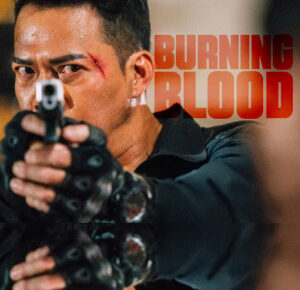
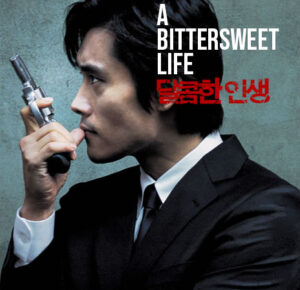
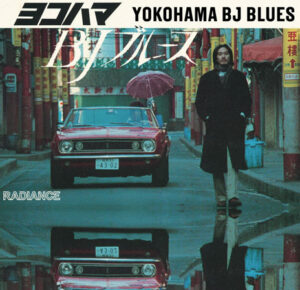
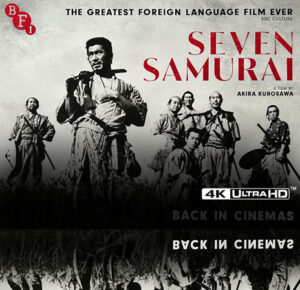
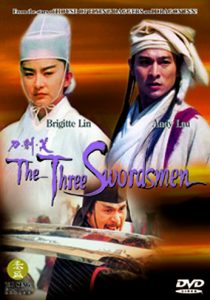
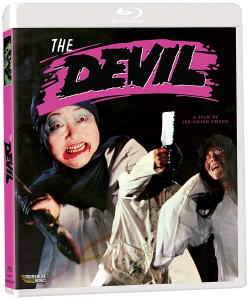
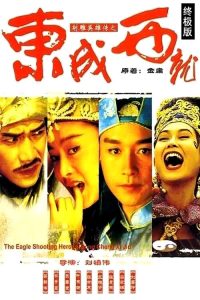

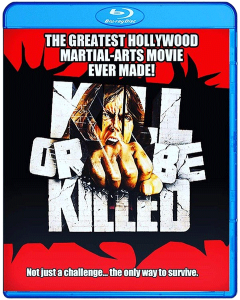
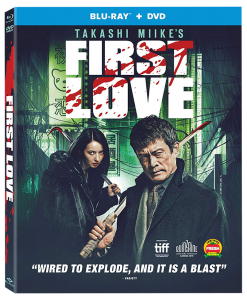

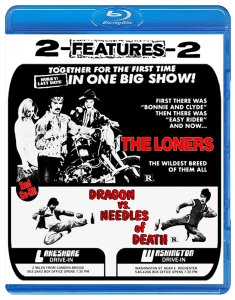
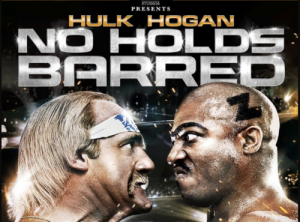
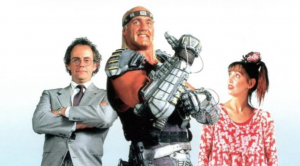

 Is CBD really the miracle drug it seems to be?
Is CBD really the miracle drug it seems to be?
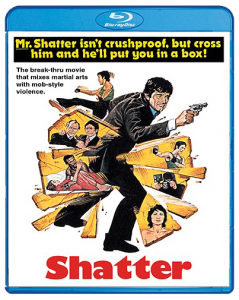
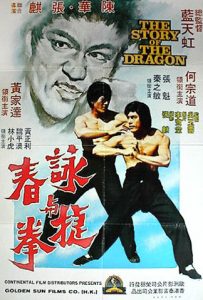
 Working with your hands to create living, working machines feels good. So good that builders of the past were celebrated and revered. Getting started in the world of metalworking reminds you that becoming a craftsman takes time.
Working with your hands to create living, working machines feels good. So good that builders of the past were celebrated and revered. Getting started in the world of metalworking reminds you that becoming a craftsman takes time.


2 Comments